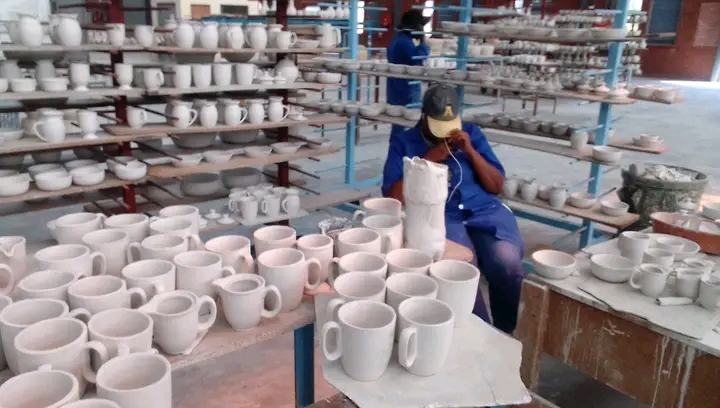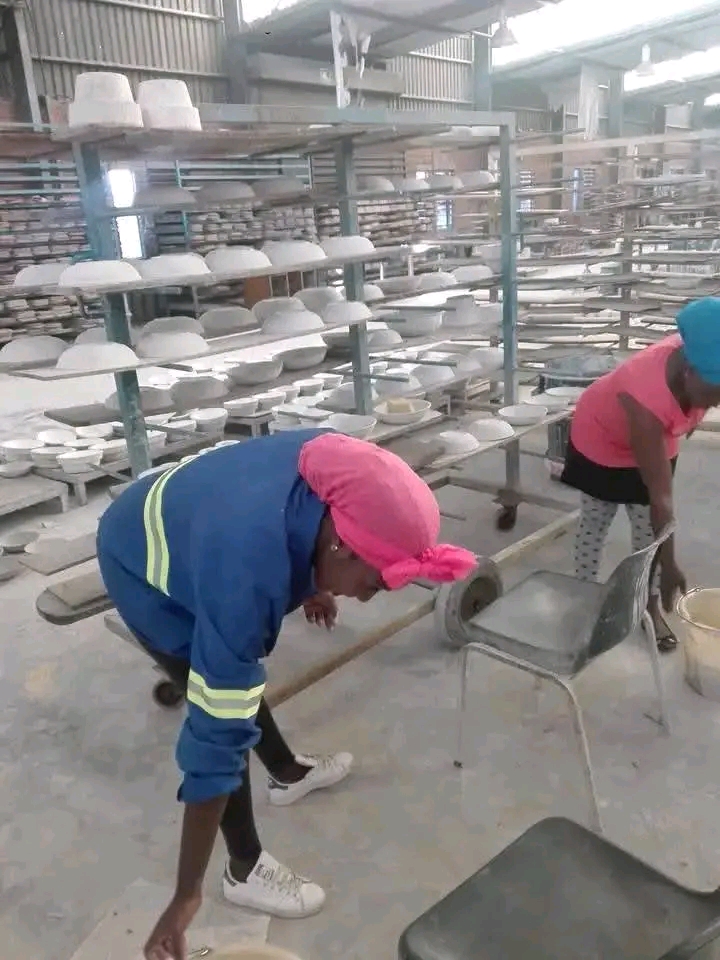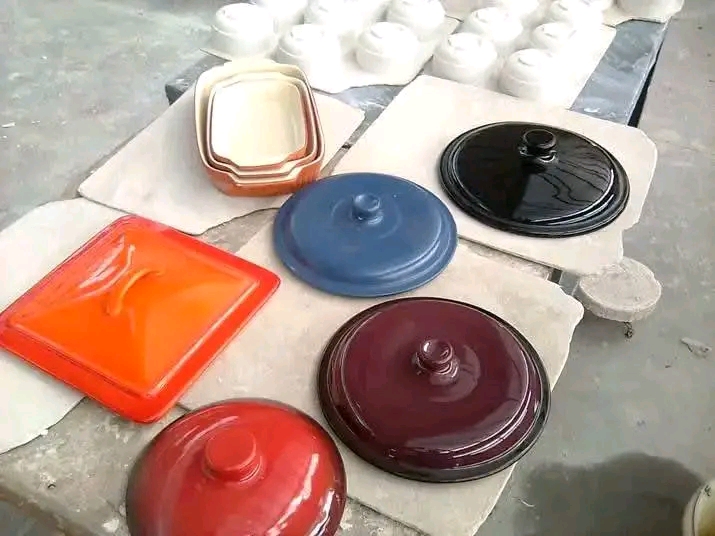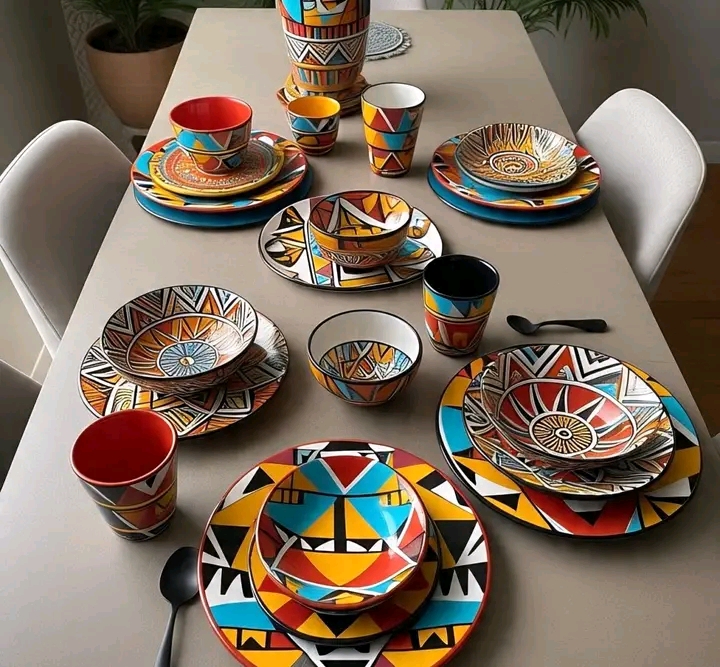From Calabashes to Ceramics: How Mduduzi Matsane Built Canosa Ceramic Factory into a Township Powerhouse

From Calabashes to Ceramics: How Mduduzi Matsane Built Canosa Ceramic Factory into a Township Powerhouse. In 2012, Mduduzi Matsane watched his father shape clay into beautiful calabashes. Inspired by those early memories, he began teaching himself modern pottery techniques. By 2015, with the City of Tshwane’s support, he had space and community backing. In 2020, he established Canosa Ceramic Factory in Babelegi Industrial Park, Hammanskraal, to create ceramic tableware, train youth, and build a small manufacturing empire near Pretoria.
Nurturing Craftsmanship and Community
Mduduzi’s deep cultural roots informed his vision. When he launched Canosa, he recruited local youth from Hammanskraal for training. He aims to make sure that each mug, bowl, or plate is crafted with local clay and pride.

Building a Quality-Driven Factory
Securing a spot in Babelegi Industrial Park was a turning point. With access to raw materials from nearby mines, Mduduzi set up a low-cost production line. Ceramics take about seven days to finish. That simple operation now reliably produces durable household tableware, distributed to township residents and small local businesses.
Strategic Milestones That Fueled Growth
- Apprenticeship: Mduduzi honed his craft under his father’s mentorship and in a city-supported studio.
- Factory Launch: Access to industrial space allowed Canosa to move from artisanal to production-scale ceramics.
- Job Creation: By then, the factory employed staff and supported around 25 jobs surrounding ceramic supply.
- Media Attention: Coverage by Vuk’uzenzele and SowetanLIVE highlighted Canosa’s social impact and entrepreneurial path.

Turning Challenges into Opportunities
Funding constraints frequently hindered Canosa; Mduduzi avoided large loans and focused on small reinvestments. Equipment upgrades are still pending. But by working lean, he maintained control of quality and avoided overextending the business.
Lessons for Aspiring Entrepreneurs
- Learn the craft at the source
Apprenticeships can birth mastery, and later, a brand built on authenticity. - Create local impact first
Training and employing youth from Hammanskraal fostered talent and community loyalty. - Bootstrap to control
Small funding steps preserved independence and maintained quality. - Choose strategic location
Factories need space, networks, and supply, industrial parks offer that ecosystem. - Use storytelling to scale
Media stories from Vuk’uzenzele and SowetanLIVE “put clay in someone’s hands” and built social proof. - Balance scale and excellence
A production timeline of seven days means every piece is thoughtfully made, not rushed.

The Road Ahead
Mduduzi plans to add new product lines like plant pots or decorative pieces. He aims for equipment funding to reduce manual processes and hire more youth. He’s exploring partnerships with Gauteng restaurants and lifestyle stores, next landmarks for Canosa’s township-made brand.
Final Reflection
Canosa Ceramic Factory is more than a pottery workshop, it symbolizes cultural continuity, sustainable local growth, and township possibility. Mduduzi Matsane proves that deeply rooted skill, matched with smart scaling and community service, can build a thriving enterprise where purpose and profit converge, one ceramic piece at a time.


